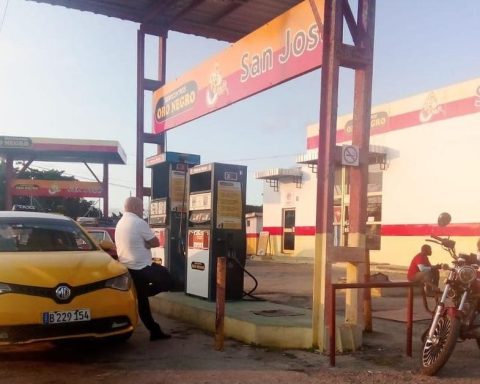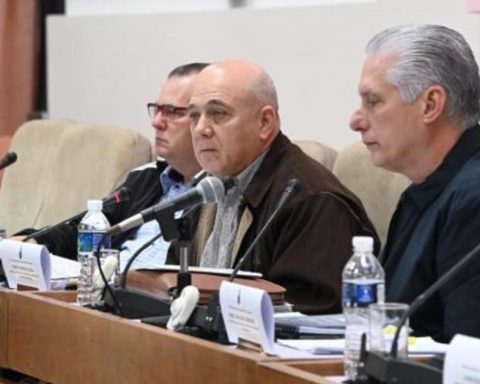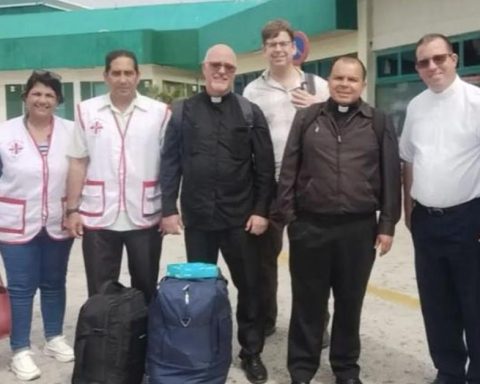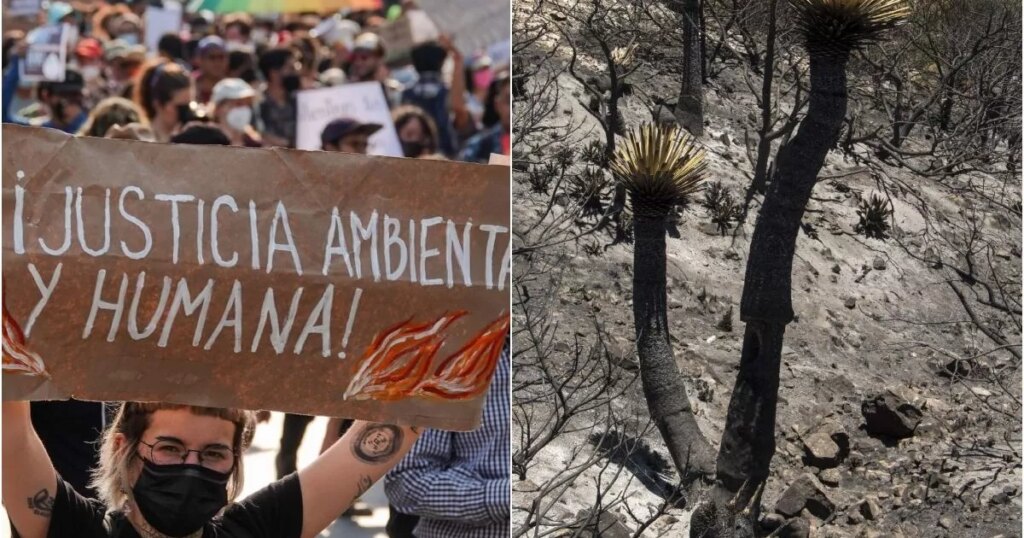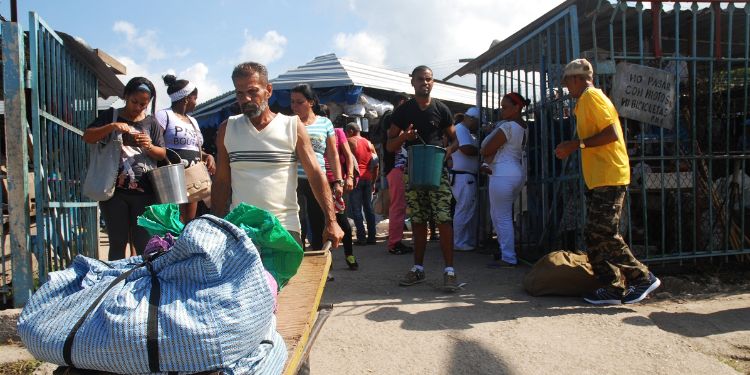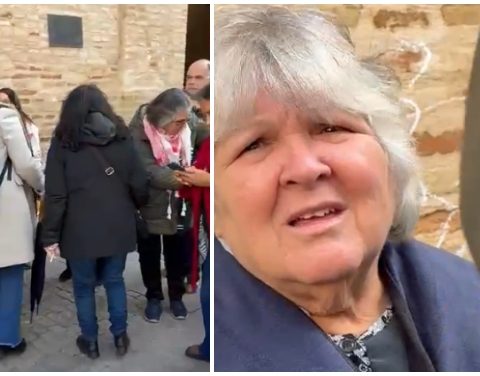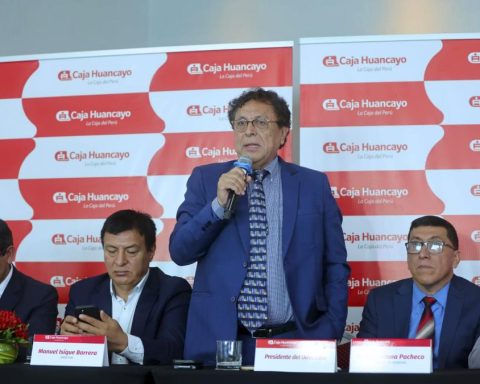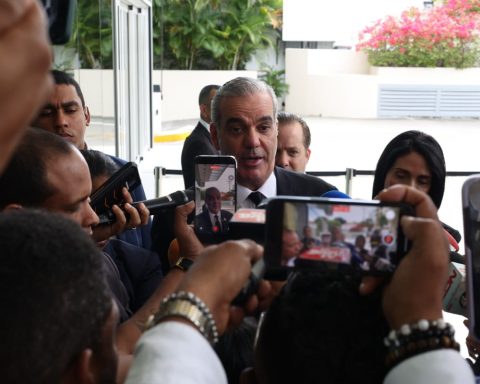The US agency VaCuba will charge only a 7% commission for sending remittances to Cuba, less than half what it is now. The reduction is due, according to AmericaTevéupon obtaining a license to operate through Orbit SA, an opaque non-bank financial entity to which the Central Bank of the Island granted permission to manage the money sent from abroad last February.
“We have received authorization from the Office for the Control of Foreign Assets (Ofac) to operate with Orbit SA, which allows us to send remittances to the MLC cards of Cuban banks with a rate of 7% on our website,” he told the outlet. from Miami Heder Martínez, director of the company, specialized in all types of procedures and whose owners are also owners of Gulfstream Air Charter.
The company affirms that it is still prohibited to send money to certain cards and that the stipulations will be complied with.
Although he did not specify more, it is clear from his statements that he refers to the AIS (American International Service) cards, one of the cards used on the Island to receive money from abroad, and whose use was temporarily suspended in Havana when the Donald Trump Administration imposed sanctions against US companies that marketed remittances to Cuba through Fincimex, managed by the military.
“AIS is a financial institution controlled by the Cuban Army that processes remittances sent to the Cuban people,” said then-Secretary of State Mike Pompeo.
“AIS is a financial institution controlled by the Cuban Army that processes remittances sent to the Cuban people,” said then-Secretary of State Mike Pompeo.
The cards, however, continued to be used for a time by agencies in Miami, such as VaCuba, through a French bank that ended up giving in to pressure from the United States and suspended the service until in September 2020 the Cuban government returned to cast them.
According to The Havana Consulting Group, 51.3% of the companies specialized in this service used Fincimex, so since the US sanctions came into force, Cuba sought alternatives to continue receiving money transfers from abroad, its main source of income, after the international sale of medical services. The first license came in November 2020, when the Cuban government granted remittance management permits to Redsa (Servicios de Pago Red SA), responsible for ATMs on the island.
The decision was interpreted as an attempt to replace Fincimexalthough the Central Bank itself denied it, alleging that the military was “the only entity actually operating remittances in the country.”
In February, a resolution published in the official Gazette indicated that the authorization was granted to Orbit, although in his case there was talk of “managing and processing international transfers from abroad to Cuba”, as opposed to “managing and processing family remittances from abroad to Cuba” that had been granted before.
From that date, Orbit had to register a license that excludes “operations in which it commits with its assets to advance financing to any counterparty, as well as carrying out operations reserved exclusively for banks, unless expressly authorized by the Central Bank of Cuba.”
Nothing has been heard from the company since then, there is no data, nor does it refer to its origin, location or management team.
Nothing has been heard from the company since then, there is no data, nor does it refer to its origin, location or management team
“Orbit SA has no past as a company that manages remittance shipments in Cuba. Any technological or compliance capabilities of that company are inherited from Fincimex, the Trump-sanctioned military company. Everything about Orbit SA is extremely opaque. I don’t understand how Ofac was able to do the task of investigating whether or not he really has ties to the Cuban military,” Emilio Morales told AméricaTevé.
By obtaining this permit from the US Treasury Department, VaCuba could offer the cheapest money transfer service to the Island, which was already cheaper than its main competitor, Cuballama, with 20%, and even higher than that of informal remittances, which are being collected at approximately 30%, but which mostly arrive in dollars at the hands of the recipients on the Island.
The license may be one more step in the stage of progressive rapprochement that Cuba and the US have experienced in recent months. Although the Biden Administration took office with promises to reverse some measures of his predecessor in Cuba policy, much of the first half of his term was a disappointment for the Cuban regime.
The pandemic, the repression of the Cuban State against the 9/11 protesters, the international economic crisis and the tensions with Russia that exploded with the invasion of Ukraine, had led the US government to postpone the Cuban issue.
In recent months, however, steps have been taken such as the reestablishment of flights to the provinces, the issuance of visas or compliance with migration agreements that invite us to think of a reissue of the thaw.
________________________
Collaborate with our work:
The team of 14ymedio He is committed to doing serious journalism that reflects the reality of deep Cuba. Thank you for accompanying us on this long road. We invite you to continue supporting us, but this time becoming a member of our newspaper. Together we can continue transforming journalism in Cuba.

